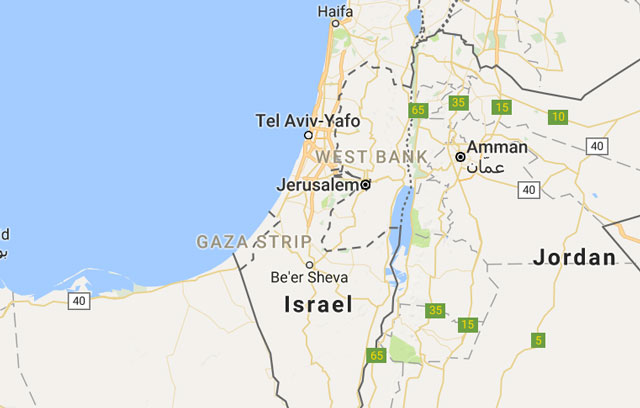
Jerusalem Mayor Nir Barkat said in a statement that the city was due 650 million shekels ($186 million/152 million euros) in uncollected taxes on church properties, which he called “illegal and irrational”.
Barkat stressed that the Church of the Holy Sepulchre and all other churches were exempt from the taxes and would remain so, with the changes only affecting establishments like “hotels, halls and businesses” owned by the churches.
Christian leaders say the measure jeopardises their ability to conduct their work, which includes not only religious but also social services to those in need.
According to Israeli media, the foreign ministry has been critical of the Jerusalem mayor’s decision on church taxation, with officials saying the move was harmful to a decades-long status quo.
A separate bill seeks to allay fears of Israelis who live in homes on lands previously held by the Greek Orthodox Church and which were sold to private developers, according to Rachel Azaria of the centrist Kulanu party, who is proposing the legislation.
Recent land sales by the Greek Orthodox Church — a major landowner in Jerusalem — to unknown buyers have drawn fire from both Israelis and Palestinians.
Palestinians fear the sales will favour Israeli settlement construction in east Jerusalem, while Israelis are concerned over private developers’ intentions for the land.
The bill would allow certain lands sold by the Greek Orthodox Church to be handed over to the state, which would then compensate those who bought it from the church.
A Russian tourist in her 20s who only gave her name as Elona said “it is very disappointing” that she could not visit the church on Sunday.
“It is one of the main religious attractions, and to us it was very important to visit it because it is our first time (here),” she said.
She said she does not feel “her mission is accomplished” as she was only visiting for a few days.
The cave where Christians believe Jesus was buried is located within the church, while the traditional site of his crucifixion is a short walk away, also inside the church.
The tomb is encased in an elaborate shrine, whose recent restoration was unveiled in March 2017 after months of delicate work.
A 19th-century edicule surrounds the tomb with an onion-shaped dome above.
The Greek Orthodox, Armenian and Roman Catholic denominations share custody of the church
 The Independent Uganda: You get the Truth we Pay the Price
The Independent Uganda: You get the Truth we Pay the Price





